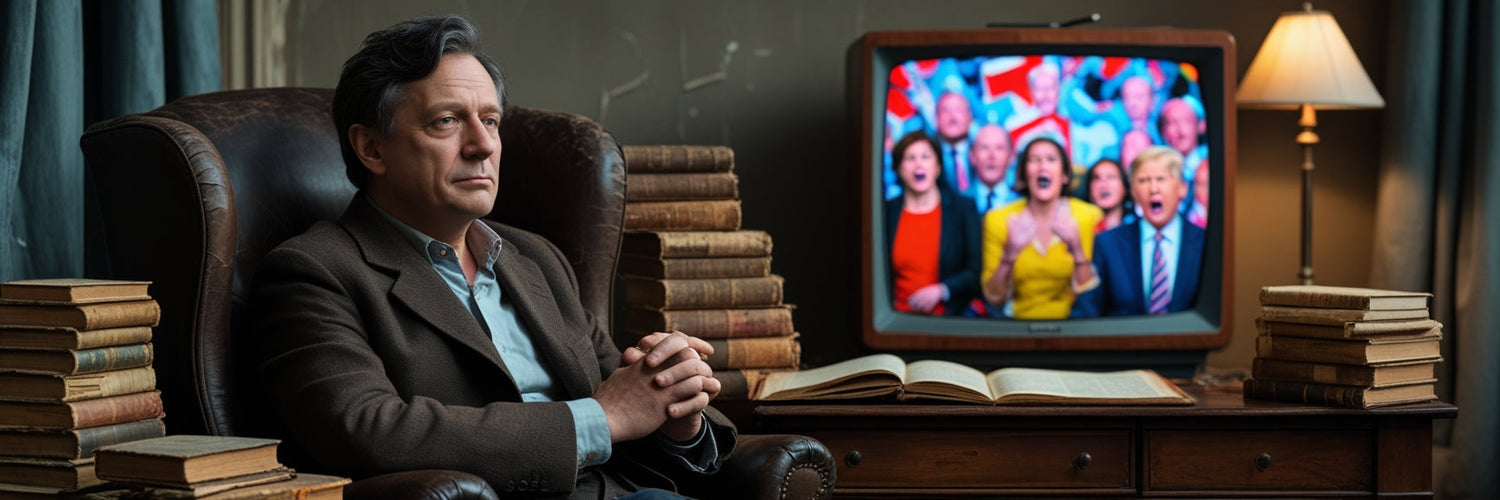Nietzsche’s Warning to Every Activist: Fight the Monster, Don’t Become One
Friedrich Nietzsche warned that in the pursuit of justice, we risk becoming what we oppose. His insight—that those who fight monsters must be careful not to become monsters themselves—rings true...





















